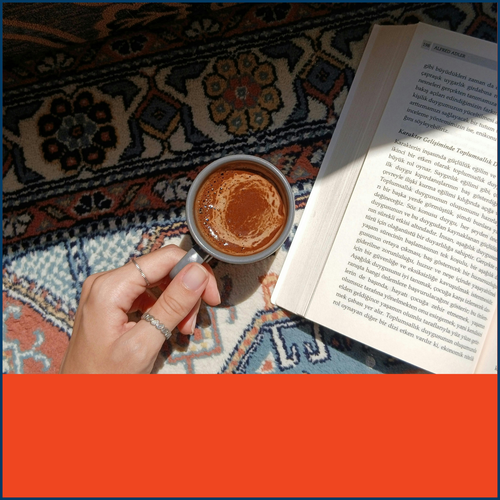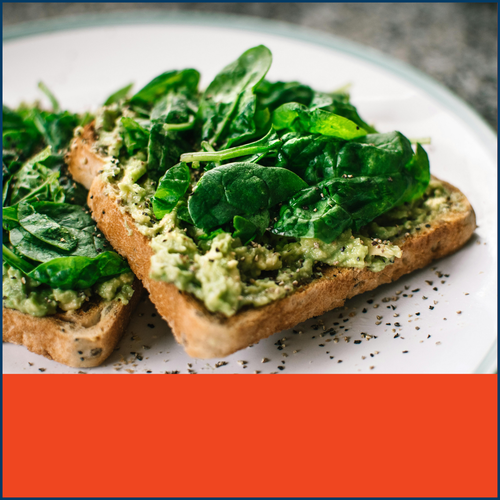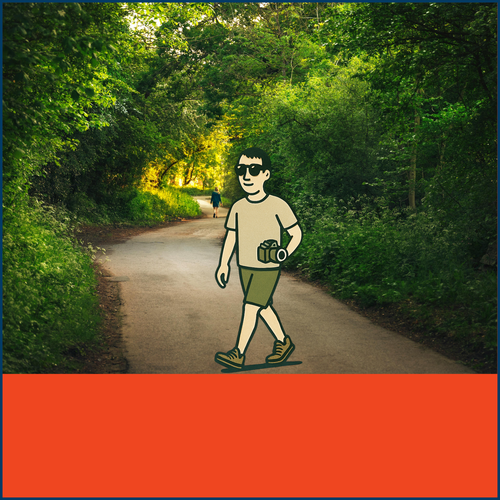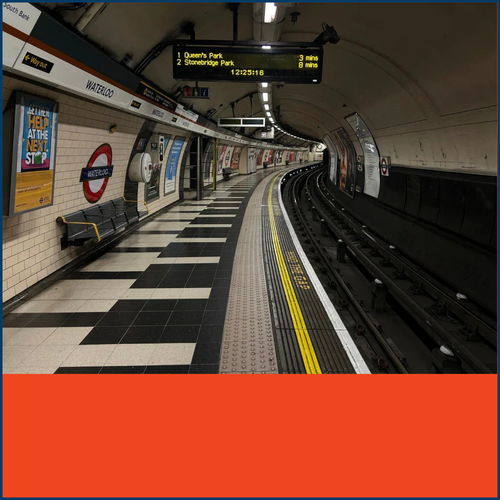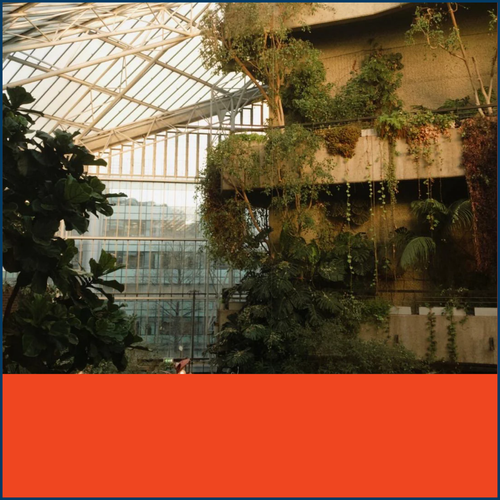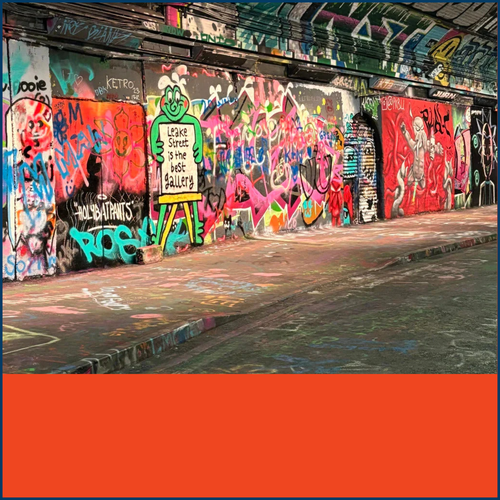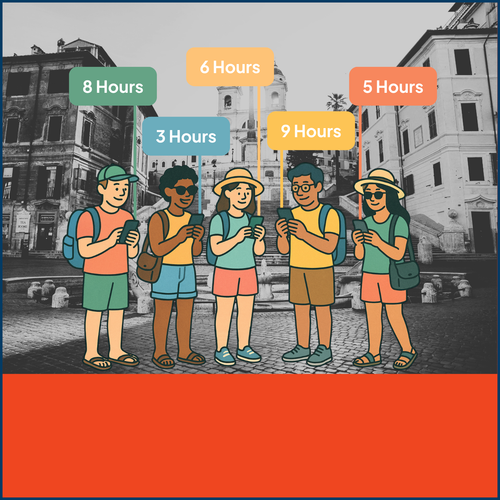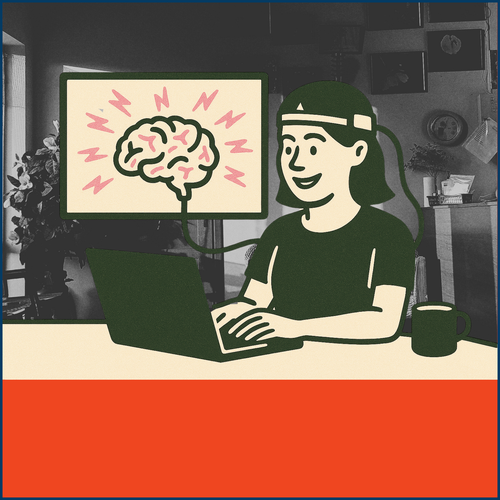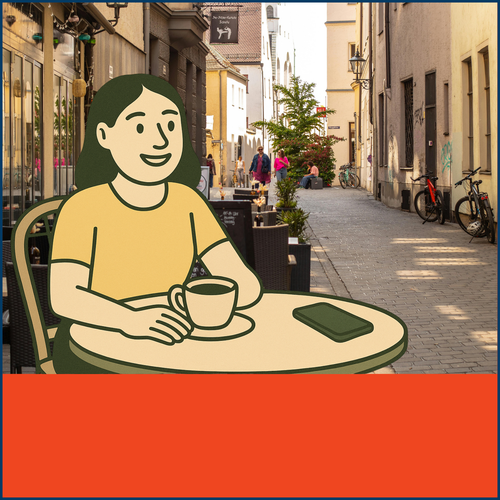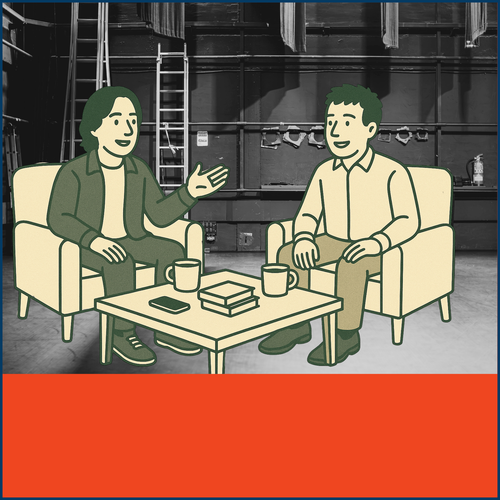Following her recent Vice article, we spoke with Ashley Fike on the phenomenon of doomscrolling, screen time, and being stuck in the middle of overstimulation and disconnection.
Matthew: If doomscrolling is both a form of entertainment as well as a coping mechanism, what do you think it is we're struggling to cope with? Could it be a decline in community, fulfilment from physical interactions and hobbies, or do you think despite this — the addictive nature and prevalence of online services in our day to day are just that difficult to pull away from?
Ashley: Absolutely, doomscrolling is both a coping mechanism and entertainment, which is a horrifying combo when you think about it. Like if your comfort food also gave you food poisoning.
I think what we’re struggling to cope with is layered. Yes, there’s a very real decline in meaningful community and offline connection. People are lonelier, more overstimulated, and less tethered to anything grounding. But that’s really only part of it.
What makes doomscrolling so sticky is the illusion that you’re doing something. You think you’re staying informed, staying sharp, staying ready for the next worst-case scenario.

It’s a self-soothing loop that rewards anxiety with more content. You scroll because you’re stressed, and you’re stressed because you scroll. (I always think of Goldmember when I write something like that).
So, even if we had perfect communities and fulfilling hobbies, we’d still be pulled into these apps. They’re designed to be addictive. And they’re not just hard to pull away from, they’re literally built to make sure you don’t want to.
"You scroll because you’re stressed, and you’re stressed because you scroll."
Matthew: Secondly, in your research and prep for the piece on doomscrolling — how do you view the role of constant connectivity and "always online" culture as contributing to this problem?

I visualise constant connectivity as a gage from 0 to 10. Zero being completely at rest, and ten being fully focused and present in a conversation, task or activity.
Being always online means we're stuck at five. We rarely ever get to zero because we don't let the silence have its moment, and equally rarely at ten because whatever we do — our phone is there, waiting to be checked and pull us out of the physical present.
We don't get to enjoy zero, because we're rarely fulfilled from hitting ten. And vice versa. Never rested, never satiated — but always stuck in the middle.
"It’s like having a browser with 37 tabs open in your brain at all times, none of them playing music, but something is draining the battery."
Ashley: That 0-to-10 scale is spot on. And yeah, we’re very much stuck at five. The middle is where the doom lives. We’re never fully immersed in anything, and never fully turned off either. It’s like having a browser with 37 tabs open in your brain at all times, none of them playing music, but something is draining the battery.
Constant connectivity has flattened our sense of urgency. Everything is now, everything is pressing, but also...nothing is really happening to you, directly, right this second. So your brain stays at a simmering boil. You scroll not to act, but to maintain this ambient state of readiness. Ready for bad news, for updates, for some kind of signal that it’s finally okay to relax.
And that signal never comes. Because there's always something else. Another tab, another take, another headline that makes your jaw clench. We’ve lost the off switch. And with that, we’ve lost the ability to be fully present or fully at peace. So yeah, five. Forever at five. And it sucks.

Raised in the Pacific Northwest and based in Savannah, Ashley Fike chases stories across the map covering travel, wellness and lifestyle.






